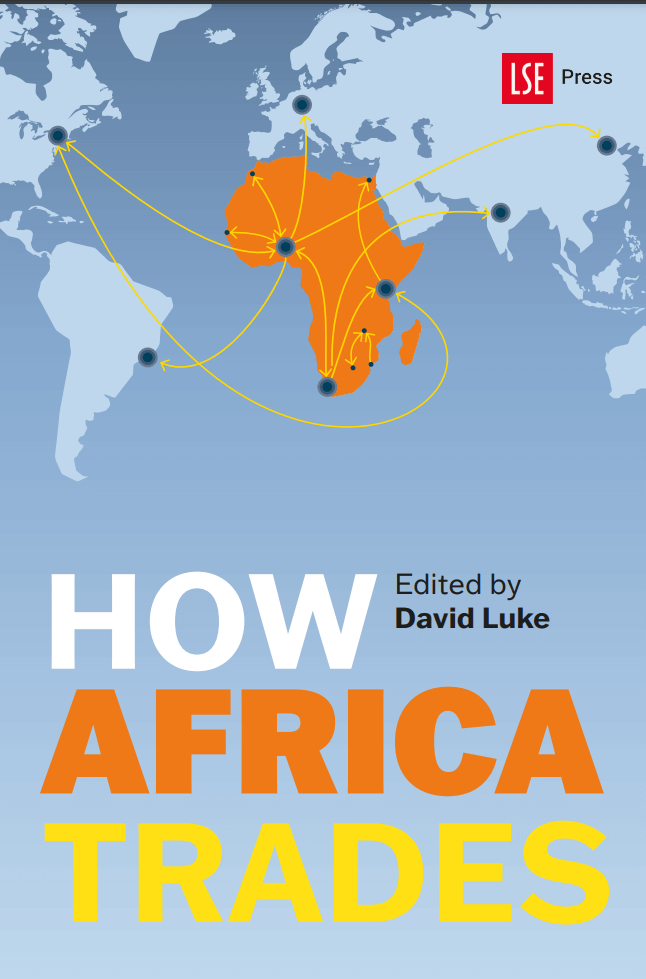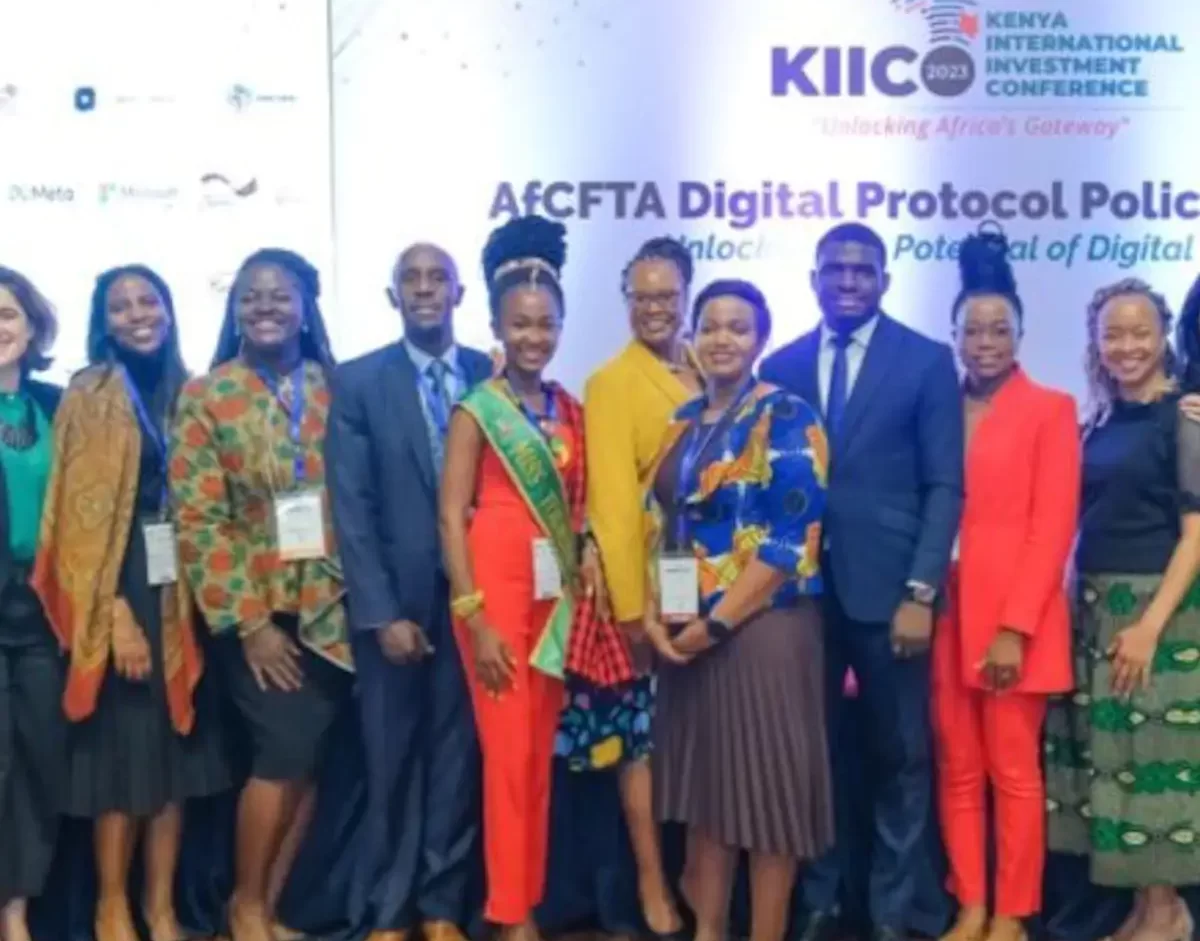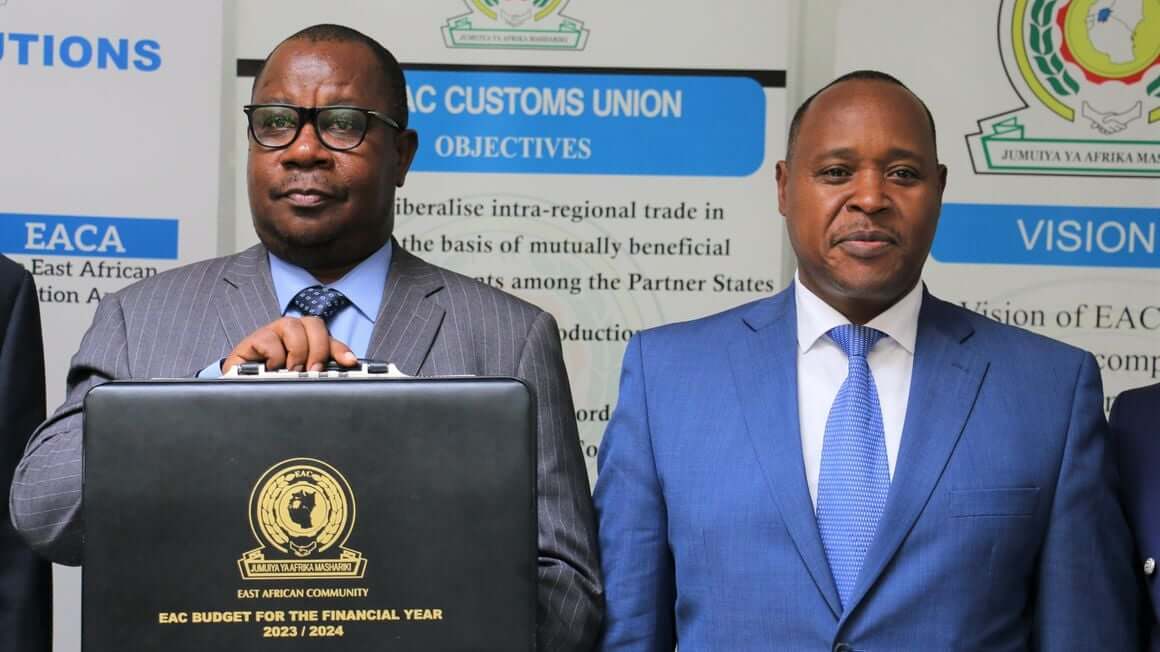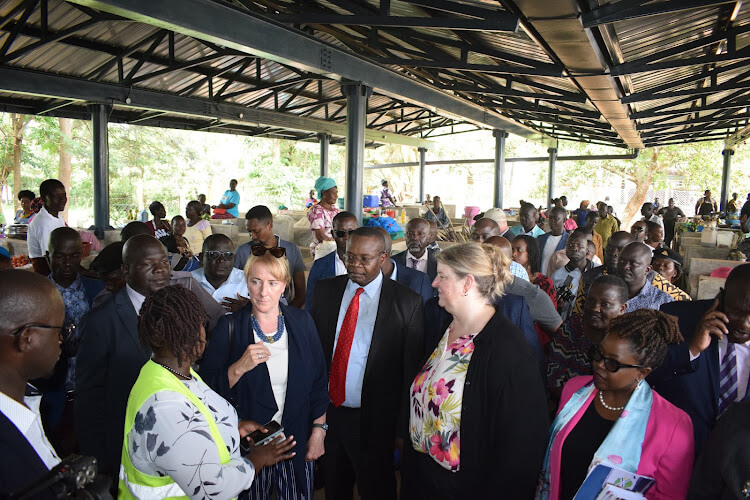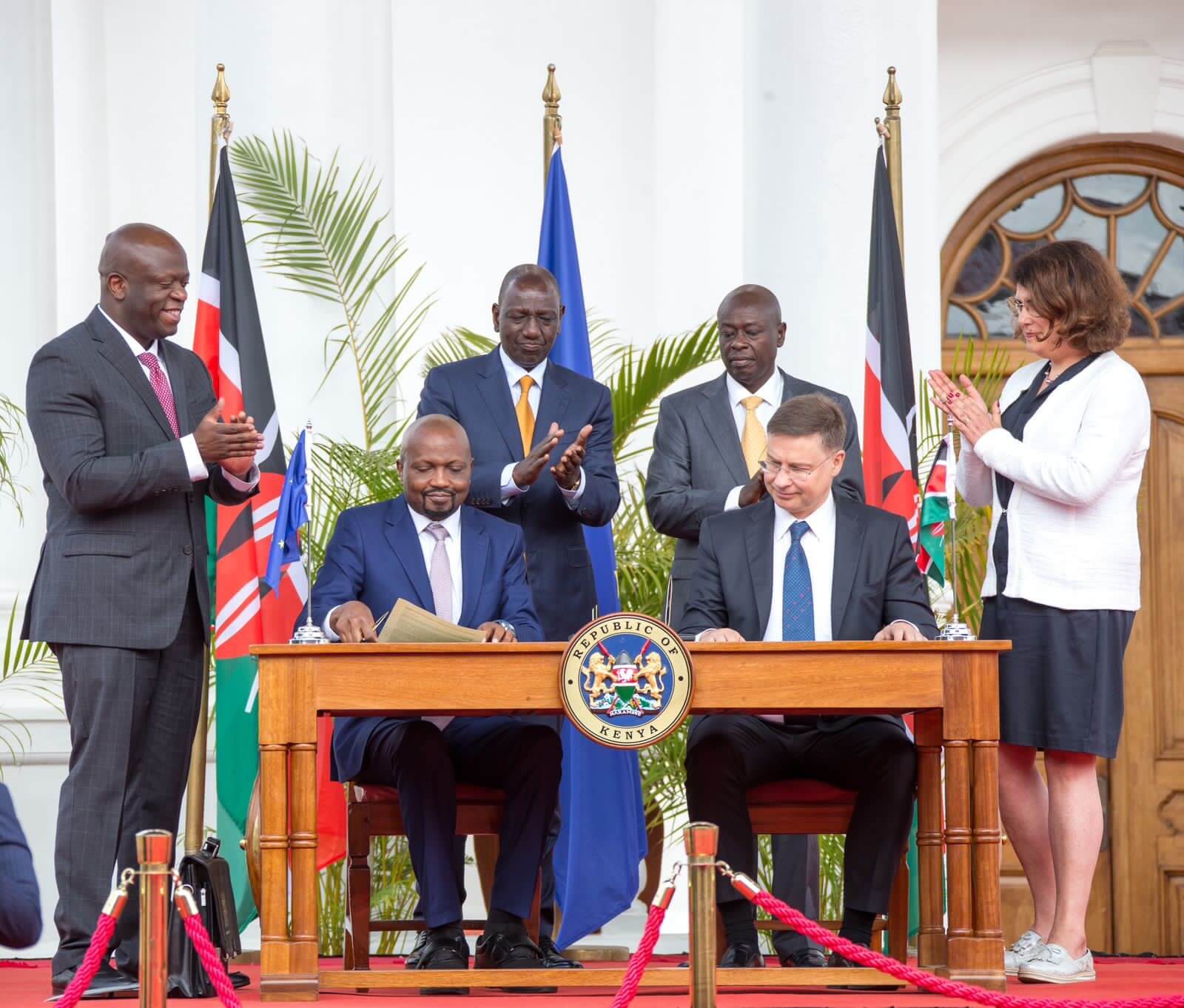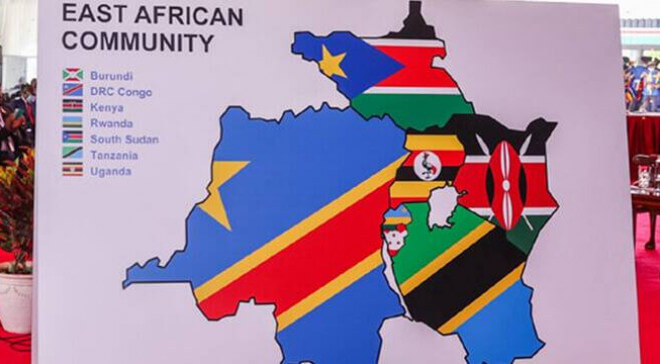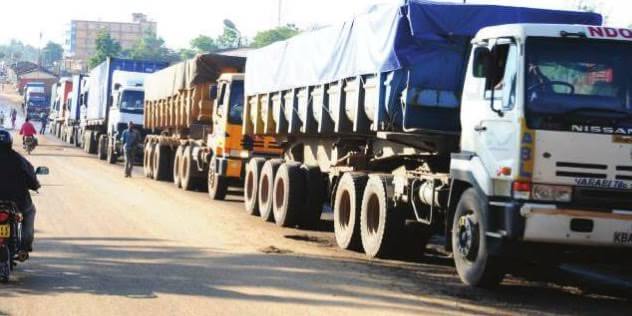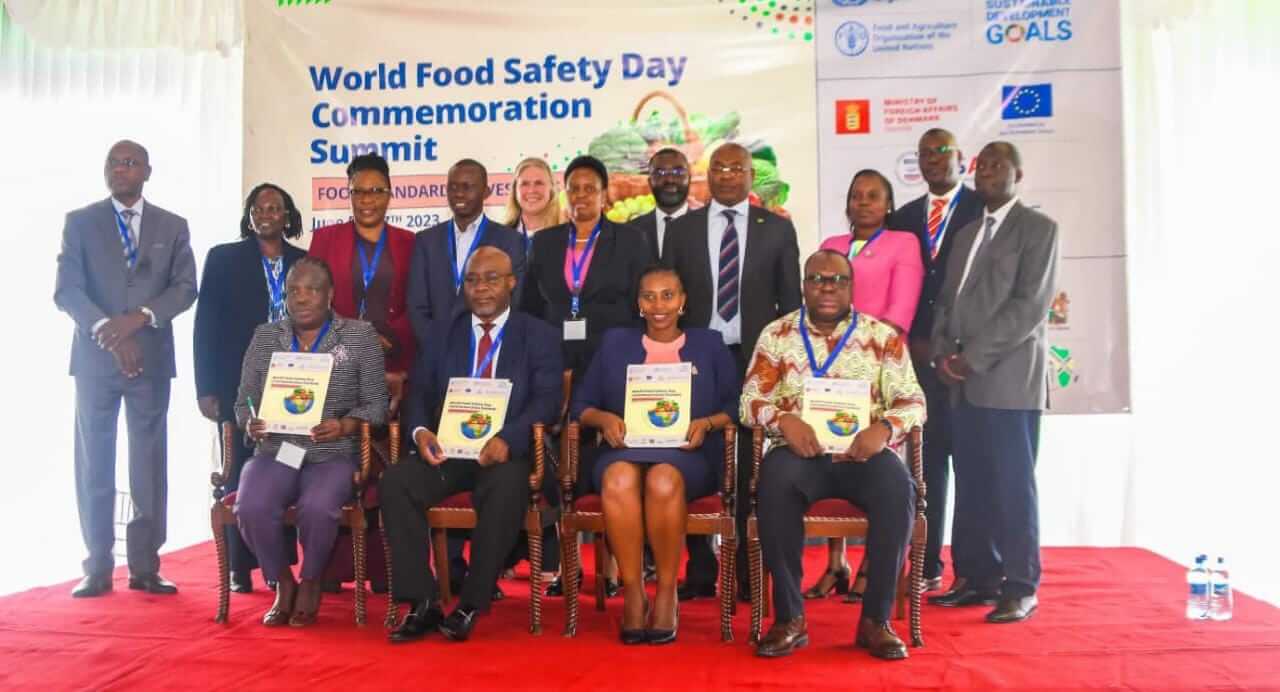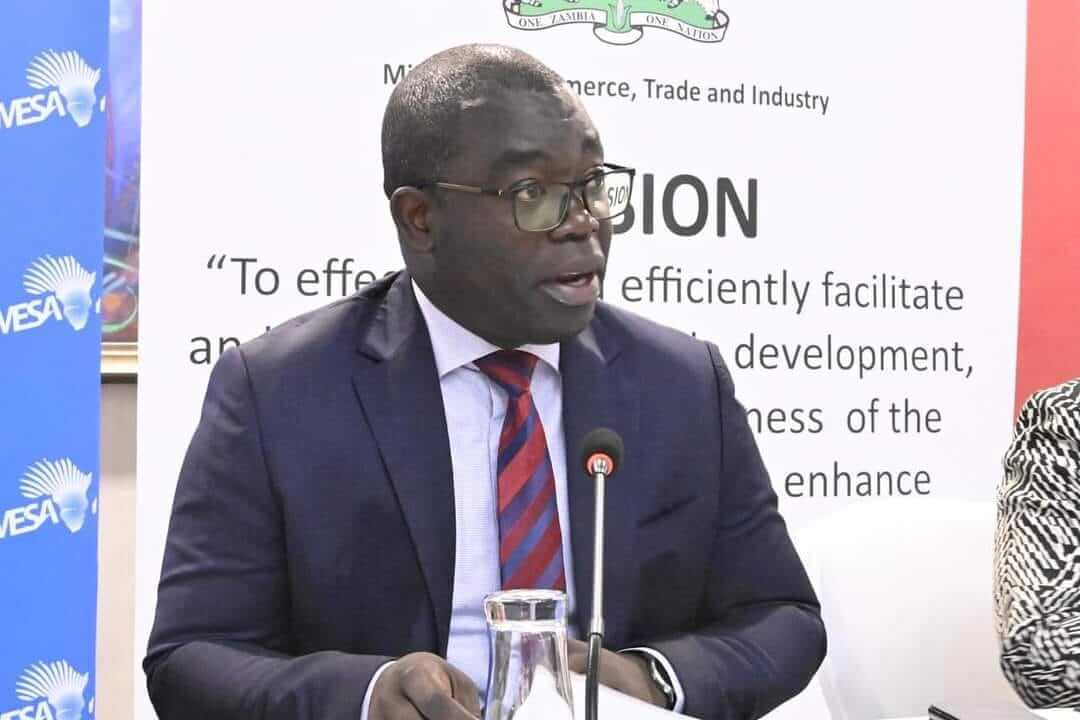Trade is an essential driver of economic transformation, growth, and prosperity. At a time of global uncertainty and policy fluidity, this comprehensive volume demystifies African trade and trade policy to provide a deeper understanding of how trade impacts the lives of all Africans and the continent’s development aspirations. Featuring a wealth of data-driven evaluations of trade negotiations and policy choices, How Africa Trades is an invaluable open access resource for making sense of the continent’s major trade challenges, including commodity dependence, competitiveness, and how African countries engage with often unconducive international trade rules that distort global markets. In-depth analysis focuses on intra-African trade initiatives, including the African Continental Free Trade Area (AfCFTA), trade between African countries and their major trading partners, and how the short-term shocks of Covid-19 restrictions brought about longer-term changes in informal and formal trade patterns, and sped-up shifts in digital trade. Edited by Professor David Luke, and featuring vital contributions on trade economics, international law and sustainable development, How Africa Trades draws on the research expertise of LSE’s Firoz Lalji Institute for Africa. This volume provides information, expertise and tools for policymakers, stakeholders and scholars with an interest in understanding the dynamics of trade and in making effective policy decisions that centre development and inclusivity for Africa and its people. Early praise for How Africa Trades "This is an authoritative book on what needs to be done in Africa and its major trading partners to make the undersized and underperforming Africa’s trade become an engine of development, poverty reduction, industrialization and...
How Africa Trades
Posted on: June 29, 2023
Posted on: June 29, 2023

